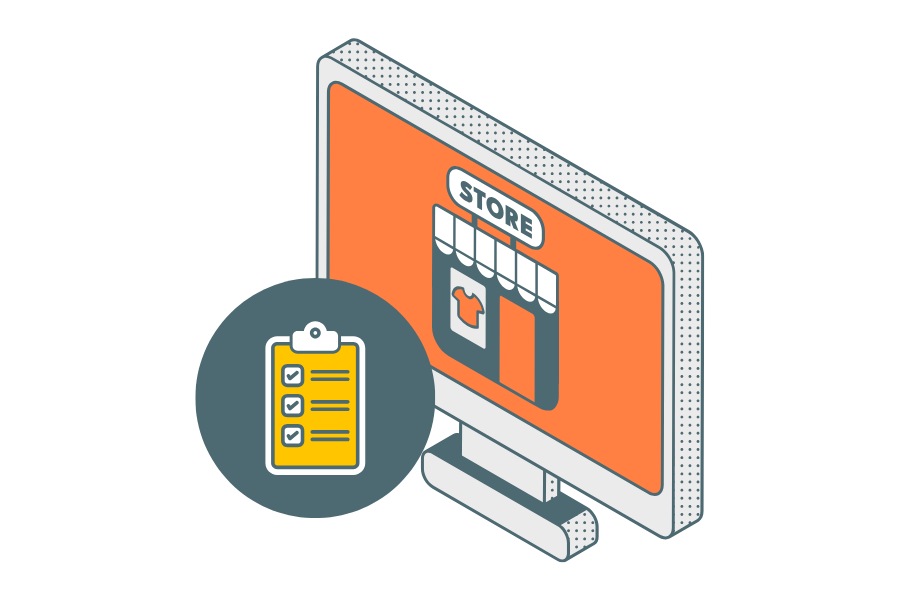A Beginner’s Guide to Accounting for UK Limited Companies
Running a limited company in the UK means taking on a range of financial responsibilities. Whether you manage everything in-house or rely on professional accounting services, understanding your accounting obligations helps you stay compliant, avoid penalties, and make better business decisions. This guide breaks down what every UK small business owner needs to know.
Once your company is registered, there are specific legal and financial tasks you’ll need to complete each year. Below is a straightforward overview of these responsibilities, as well as a few key concepts and tips to help you stay on top of your company’s accounts.
1. What Are Your Main Accounting Duties?
Every company director in the UK has legal obligations related to accounting and taxation. Here’s what you’re required to do.
1.1 Prepare Statutory Annual Accounts
At the end of your financial year, your company must prepare full statutory accounts. These include:
- Balance Sheet – A snapshot of your company’s financial position, showing what it owns and owes at year-end.
- Profit and Loss Account – A summary of your company’s income, expenses, and overall performance during the year.
- Notes to the Accounts – Additional disclosures that explain specific items in your financial statements, required by law.
Small companies and micro-entities can submit abridged (simplified) versions with fewer disclosures, if eligible.
1.2 File Annual Accounts with Companies House
You must submit your annual accounts to Companies House within nine months of your company’s year-end. Filing late will result in penalties, even if you’ve paid your tax on time.
1.3 Submit a Company Tax Return (CT600)
Your company is also required to file a Company Tax Return with HM Revenue & Customs (HMRC) within 12 months of your accounting period ending. This return calculates how much Corporation Tax you owe, based on your profits.
- Corporation Tax payment is due earlier—nine months and one day after the end of your accounting period.
2. Key Accounting Concepts You Should Know
Understanding a few basic accounting principles will help you manage your company finances and meet your obligations.
2.1 Keep Detailed Financial Records
You must keep organised and up-to-date records of all financial activity. This includes:
- Sales and income – All earnings from selling your products or services.
- Purchases and expenses – All costs incurred while running your business.
- Wages and salaries – Payments made to employees, including taxes and National Insurance.
- Company assets – Any valuable items your business owns, like equipment or property.
- Liabilities – Any debts or obligations, such as loans or unpaid bills.
HMRC requires you to keep these records for at least six years.
2.2 Choose the Right Accounting Method
Your method of recording income and expenses affects how you view your company’s financial performance.
- Accrual basis – Records transactions when they’re earned or incurred, not when money is received or paid. This is the standard method for most companies.
- Cash basis – Records only when money changes hands. This simpler method is available to some smaller businesses.
2.3 Use a Chart of Accounts
Your chart of accounts is a structured list that categorises all the financial transactions in your business.
- Income – Revenue from your core operations.
- Expenses – Costs required to run the business.
- Assets – Items the business owns, such as cash, inventory, or property.
- Liabilities – Money your business owes to others.
- Equity – The owner’s share of the business after liabilities are subtracted from assets.
This chart keeps your financial data organised and makes reporting easier.
3. What Expenses Can You Claim as a Limited Company?
Claiming the right expenses can lower your Corporation Tax bill, but they must be valid.
3.1 Allowable Business Expenses
To be tax-deductible, expenses must be incurred wholly and exclusively for the business. Examples include:
- Office costs – Rent, internet, software subscriptions, and utility bills for your work premises.
- Travel expenses – Transport costs when travelling for business purposes (excluding daily commuting).
- Employee salaries – Wages, National Insurance, and pensions paid to your staff.
- Professional fees – Payments to accountants, solicitors, or other consultants providing business services.
Keep receipts and records to back up your claims if HMRC requests them.
✅ Still doing accounting the old way? Your competitors aren’t. Counto’s AI handles the boring stuff while experienced accountants ensure everything’s perfect. See the future of accounting here.
4. Important Filing Deadlines to Remember
Deadlines for filing and payments are fixed. Missing them can result in fines or other penalties, so it’s best to plan ahead.
| Action | Deadline |
|---|---|
| File first accounts with Companies House | Within 21 months of company formation |
| File annual accounts | Within 9 months after your financial year ends |
| Pay Corporation Tax | 9 months and 1 day after the accounting period ends |
| Submit Company Tax Return (CT600) | Within 12 months after the accounting period ends |
5. Additional Tips for New Limited Companies
Being proactive with your accounting keeps you in control of your business’s finances and ensures compliance.
5.1 Get Expert Help
Hiring a qualified accountant can save you time, reduce errors, and improve your tax efficiency. For growing businesses, reliable accounting services are worth the investment.
5.2 Set Up Deadline Reminders
Use digital calendars or a year-end checklist to avoid missing key dates.
5.3 Know Your Accounting Reference Date
Your accounting reference date (ARD) defines your financial year. You can change it to match your business cycle better.
5.4 Understand Small Company Exemptions
If your company meets the criteria, you may be eligible to submit simpler reports. This reduces your paperwork and reporting burden.
5.5 Keep Learning
Stay up to date by keeping an eye on official HMRC guidance or speaking with a trusted accountant to ensure you’re meeting your obligations.
Summary
Managing accounting for UK limited companies involves fulfilling specific legal duties—preparing annual accounts, filing them with Companies House, submitting a tax return, and paying Corporation Tax. Good record-keeping and knowledge of accounting principles make it easier to stay compliant. Whether you handle it yourself or use accounting services, staying informed is essential to your company’s success as a UK small business.
Modern Accounting That Finally Gets Your Business
Running a small business means wearing too many hats. Your accounting shouldn’t add to that burden. Yet traditional bookkeeping services keep asking the same questions month after month.
Counto delivers outsourced accounting that gets smarter over time. Our AI platform learns your unique business patterns and automatically handles daily transactions, while expert accountants ensure everything’s accurate. With direct WhatsApp access to your Customer Success Manager, you get enterprise-level financial management without the enterprise price tag.
Experience accounting that works as hard as you do. Our small business clients cut bookkeeping time by hours and never miss a tax deadline. Ready for accounting that understands your business? To get started, speak to us directly on our chatbot, email [email protected] , or use our contact form.







